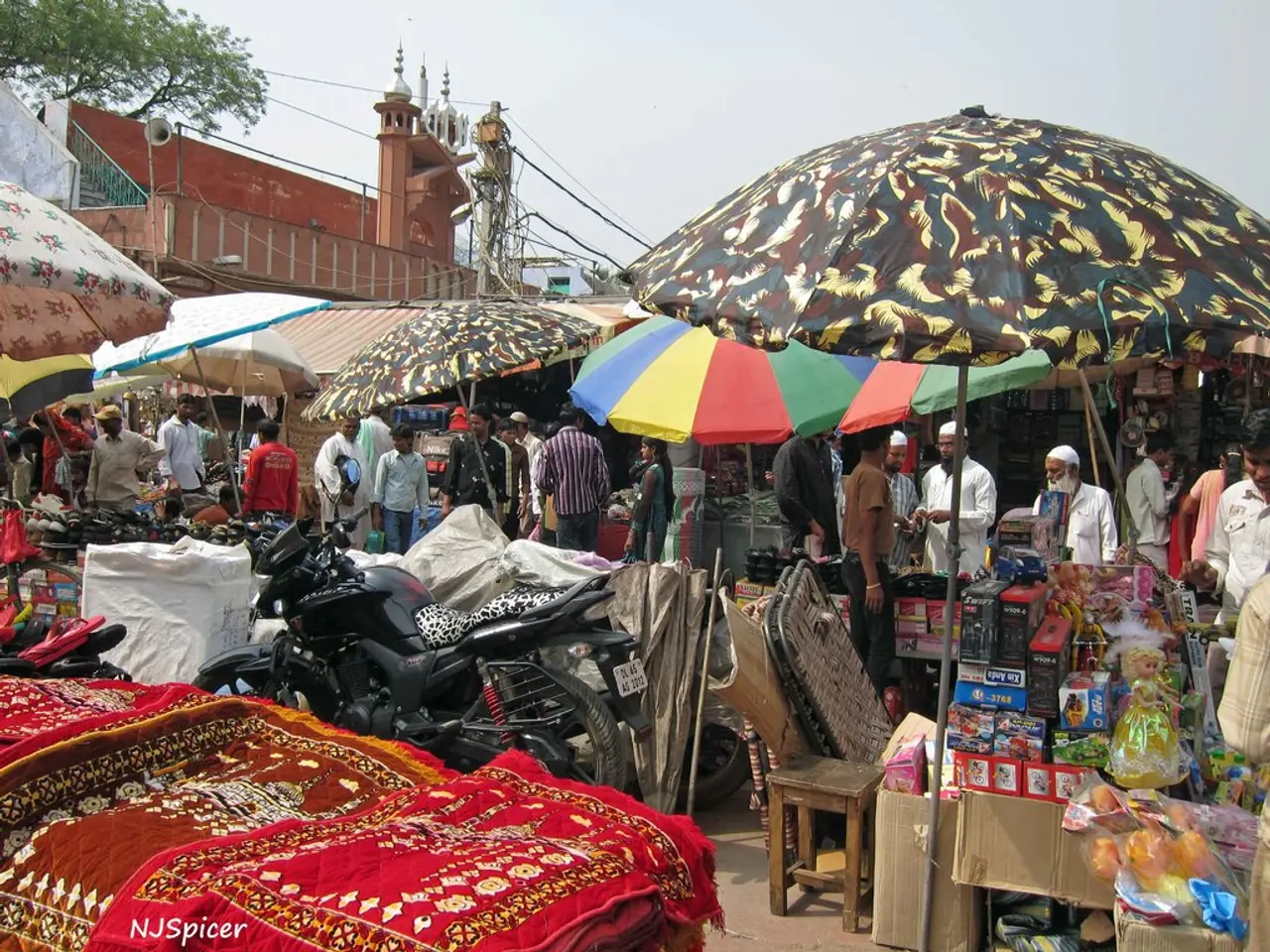Indonesia rejects deafening "forbidden" street celebrations
In the bustling streets of East Java, a common sight is the towering loudspeaker stacks blaring a mix of electronic tunes and traditional folk music. However, these noise-emitting structures have become a subject of controversy and concern for locals and authorities alike.
Loudspeaker towers are a common feature at weddings, circumcisions, and Independence Day events, rented out by local businesses. Yet, they are causing disruption and are the source of fear and intimidation for some residents.
The East Java Provincial Government has taken steps to control this noise pollution and maintain public order. This year, they installed a regulation on noise levels, times, and locations for loudspeakers in the province. The sound system levels have been capped at 120 decibels for fixed loudspeakers and 85 decibels for mobile units, as per the World Health Organisation's guidelines, which state that sound at 85 decibels and above can cause hearing damage over time.
Despite these regulations, loudspeakers continue to blare above the new limits due to lax enforcement by local authorities. Some tower owners reportedly blare music for hours outside complainants' houses as a form of intimidation.
The excessive and damaging sound from loudspeaker towers has been declared "haram" or forbidden under Islamic law, with a local Islamic council issuing a religious edict in July stating that excessive sound at parties that causes damage is forbidden by religion.
A woman died this month due to cardiac arrest allegedly caused by loudspeaker towers at a carnival. This tragic incident has added fuel to the ongoing debate about the need for stricter enforcement of noise regulations.
Ahmad, a local resident, never complains to the village head due to fear of intimidation. David Stevan Laksamana, a 40-year-old loudspeaker rental owner in Malang, believes most people who dislike the sound are not from the area.
The loudspeaker rental business employs tens of thousands of people in Malang alone, contributing significantly to the local economy. However, there has been an increase in hearing problems among those attending events with loudspeaker towers.
In light of these concerns, the ban on mobile units near schools, hospitals, ambulances, and places of worship that are in session seems a necessary measure. Yet, the issue remains complex, with conflicting interests between the need for public order, the economic benefits of the loudspeaker rental business, and the health and safety of the community.
As the debate continues, it is hoped that a solution can be found that balances these interests and ensures a peaceful and safe environment for all residents of East Java.
Read also:
- visionary women of WearCheck spearheading technological advancements and catalyzing transformations
- Recognition of Exceptional Patient Care: Top Staff Honored by Medical Center Board
- A continuous command instructing an entity to halts all actions, repeated numerous times.
- Oxidative Stress in Sperm Abnormalities: Impact of Reactive Oxygen Species (ROS) on Sperm Harm








